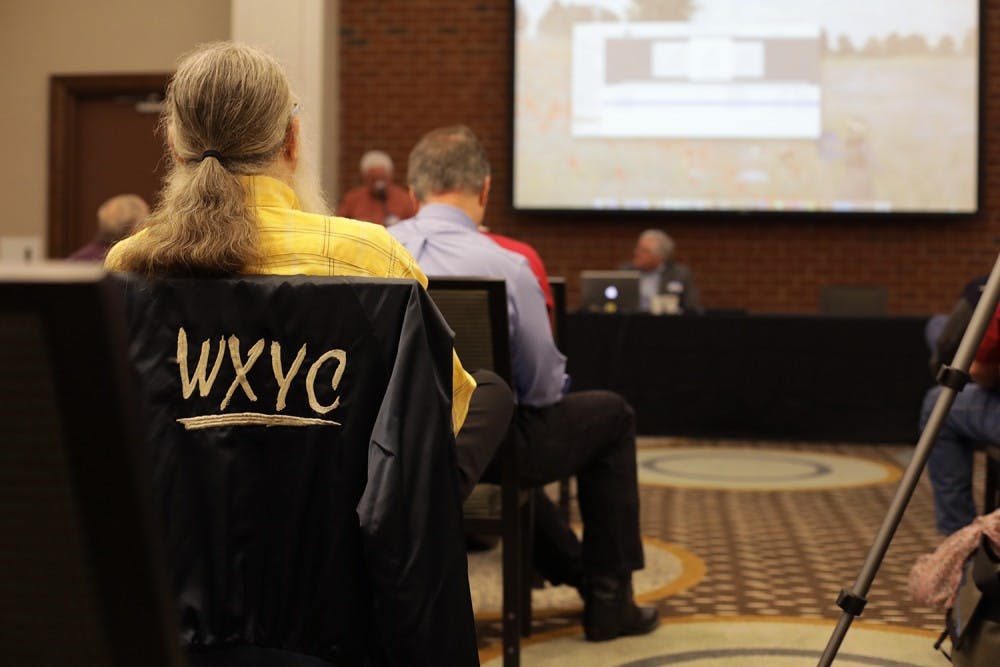On Nov. 7, the University’s WXYC radio station commemorated its 23rd anniversary of debuting as an internet-broadcasted radio show — the first radio station in the world to achieve this feat.
Paul Jones, a professor in the School of Information and Library Sciences, served as a faculty adviser to WXYC during the internet launch. In August 1994, the station was in test mode as the team sought to sort out the legal and technological steps necessary to broadcast their station online. At the time, two other universities were racing with them to do the same, said Jones, but WXYC debuted their station Nov. 7.
College radio was beginning to take off during the mid-1990s and was especially formative in emergence of alternative rock. WXYC knew there was a viable listener base in college students, but few groups were working on the capacity for continuous streaming online.
Michael Shoffner and David McConville, two students involved with WXYC during the transition, pushed to have the radio station released online. The primary capacity of internet at the time was email, Shoffner said, but WXYC maintained a web page. Once they considered the possibility of broadcasting online, Shoffner and McConville worked to introduce radio to the internet.
“We’re right at the emergence of where college radio was really a force in the music industry, so we’re really at the moment that people like R.E.M. were coming, who came out of college radios,” Jones said.
In addition, the team combed through legal literature as they prepared to launch the internet station. No radio station had ever broadcasted music through the internet, so WXYC had little knowledge of the legality of streaming copyrighted music to a listener base that could surpass the confines of their FM station area.
To other organizations, the task seemed impossible. From across the world, Jones received hate mail, claiming that streaming-based radio would destroy the internet as they knew it.
WXYC utilized a software generated by Cornell University to record the audio from the WXYC studio and compress it into a form that could be digitized and run through a server. Jones said even with hundreds of connections, the service did not take up much bandwidth.
Bill Burton, chairperson of the board of directors of Student Educational Broadcasting Inc., the nonprofit that holds the license for the station, was also involved in the simulcast.



